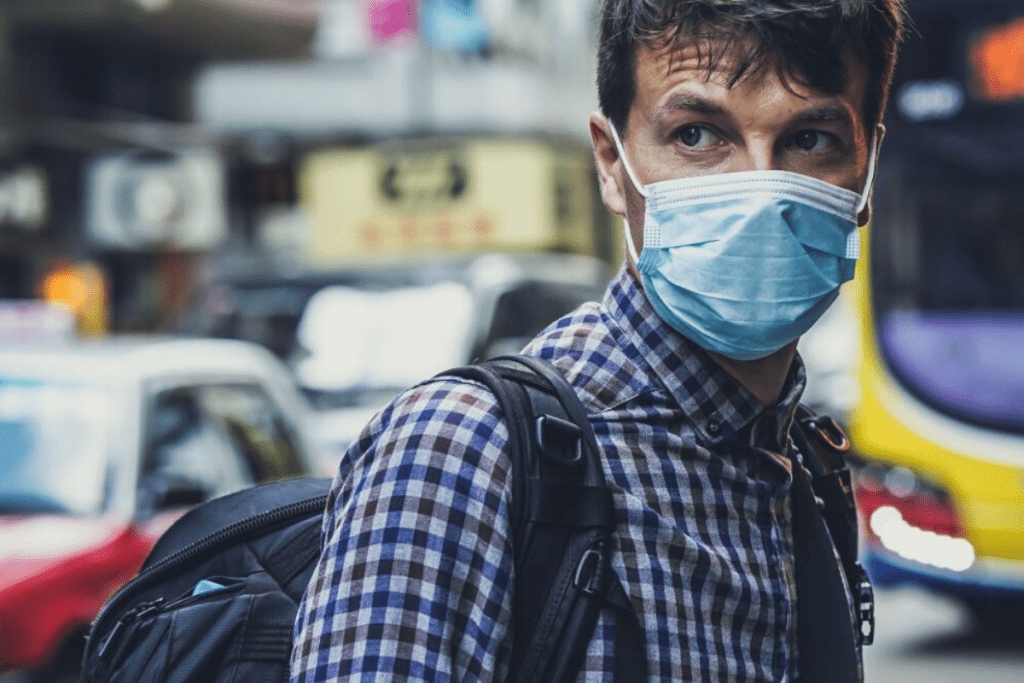INCOMING TRAVEL BAN
Australia’s Prime Minister, Scott Morrison has announced a travel ban on all persons who are neither Australian permanent residents nor Australian citizens from entering Australia. The ban comes into effect at 9.00pm on Friday 20th March 2020.
The only persons permitted to enter Australia after that date (until further notice) will be:
- Australian citizens
- Australian permanent residents
- New Zealand citizens usually resident in Australia
Carry proof of residence with you such as driver’s licence or other document. - Immediate family members of Australian citizens and permanent residents.
Family members is limited to the spouse (married or de facto partner), dependent or guardian of an Australian citizen or PR. These persons should contact their nearest Australian embassy to request travel permission.
For more details, access the Department of Home Affairs website here: https://www.homeaffairs.gov.au/news-media/current-alerts/novel-coronavirus
Note that it is also possible that the travel ban may be extended to Australian citizens and permanent residents.
SELF-ISOLATION
All people who have arrived in Australia from midnight 15 March 2020 onwards, or who think they may have been in close contact with a confirmed case of coronavirus, are required to self-isolate for 14 days.
If you are a recently returned traveller in New South Wales, you must wear a surgical mask while travelling to your home or hotel. The safest way to get home from the airport is for someone you live with to pick you up. If you have to take an Uber or a taxi, it’s worth sitting in the back seat and keeping a note of the vehicle number or the driver.
If you are self-isolating because you have just returned from overseas, others living with you do not need to self-isolate BUT you should stay as far away from them as possible. Use a separate bedroom and bathroom if possible. Ensure everyone in the home washes their hands frequently, and surfaces and doorknobs are frequently wiped with an alcohol-based disinfectant. Stay at least 1.5 metres away from the other people in your home. You cannot have any visitors.
The Royal Australian College of General Practitioners (RACGP) provides extensive information on how to self-isolate and the impact on those around you.
Read here: https://www1.racgp.org.au/newsgp/gp-opinion/so-you-have-been-asked-to-self-isolate-or-quaranti
And for the Australian Government’s advice, read here:
https://www.health.gov.au/resources/publications/coronavirus-covid-19-isolation-guidance
VISA HOLDERS IN AUSTRALIA
At any time in Australia there are between 1.5 and 2 million temporary visa holders in Australia. These visa holders may be impacted by the Covid19 pandemic because of an inability to return to their home country, or due to health or other reasons. Any of the following situations may apply.
Compliance with your visa conditions
Despite the extraordinary circumstances that the Covid19 pandemic has caused, visa holders in Australia are still required to comply with all conditions of their visas.
Those conditions may include:
- A date by which you must depart Australia
- No work
- No study
- Only undertake certain types of activities in Australia
Any breach of a visa condition places you at risk of having your visa cancelled and being expelled from the country.
Departing Australia
Holders of Australian visas are permitted to depart Australia – as long as your destination country does not have an incoming travel ban.
Where you are unable to return to your country or wish to extend your stay in Australia, you must apply for an appropriate visa in Australia.
Applying for a further visa
If you are in Australia and wish to extend your stay, you may apply for a further visa if eligible to do so.
What visa you apply for will depend on a range of factors including:
- the visa you currently hold
- the reasons for your extended stay
- the activities you wish to undertake
- for how long you wish to remain in Australia
To be granted any Australian visa, you must meet all criteria for that visa.
No Further Stay conditions
Some Australian visas – often Tourist visas – have a ‘no further stay’ condition imposed. That condition prevents the visa holder from being granted a further visa whilst in Australia.
If you hold a visa with this condition on it, you must first apply to waive that condition before being able to apply for a new visa.
The Department of Home Affairs will consider each case on its own merits, considering if there are compassionate and/or compelling circumstances.
VISA HOLDERS OUTSIDE AUSTRALIA
There are many scenarios where a person may hold an Australian visa but is currently overseas. As the travel ban will apply to those visa holders, different situations may arise. Here are a few scenarios:
Offshore on Bridging Visa B that will expire prior to the Australian travel ban being lifted.
Once the travel ban has been lifted, these people may apply for a further Australian visa (for example a Tourist visa). If granted, they will travel to Australia and apply onshore for a further Bridging Visa A to await the outcome of their pending visa application. If granted a Tourist visa in Australia, for example, the holder will NOT be permitted to work. Each case will need to be considered separately in order for the most appropriate visa to be applied for.
Offshore on recently granted 482 visa (i.e. no entry has yet been made on that visa)
There is no ‘enter by’ date on a 482 visa. You may therefore enter Australia once the travel ban has been lifted.
Offshore holding Australian visa that is due to expire soon
If Australia’s travel ban is not lifted prior to the expiry of your current visa, and you wish to return to Australia, you would need to apply for a new visa, meeting all the usual criteria for the grant of that visa.









